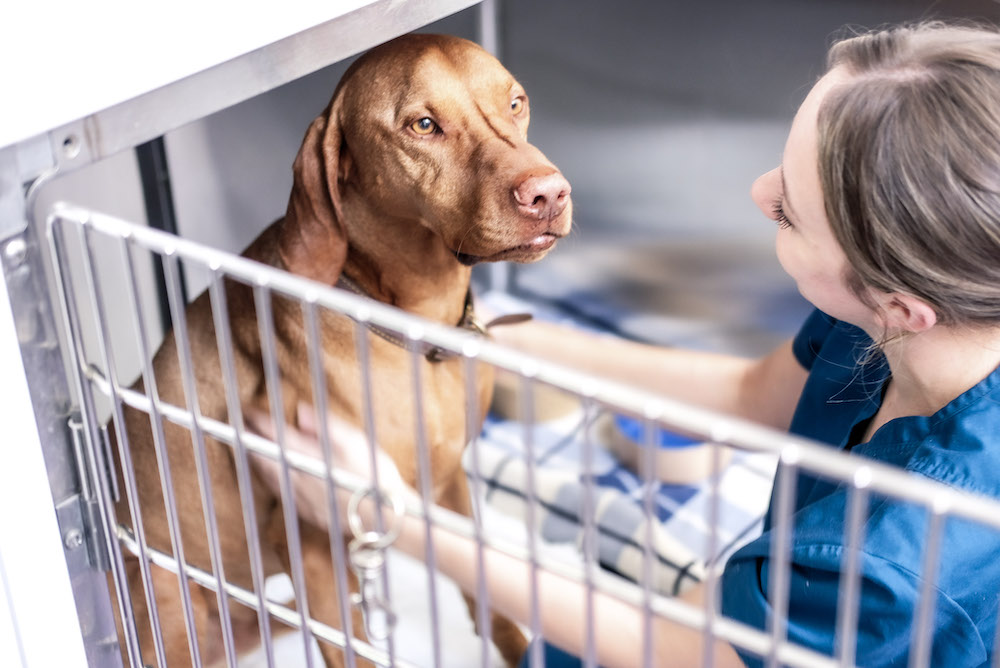
Seeing your dog or cat have a seizure can be frightening. Seizures (also called fits) happen when there is abnormal electrical activity in the brain. They can range from mild twitching to full-body convulsions, and while they are often over within a few minutes, they can leave owners feeling helpless.
At Heronden Veterinary Practice, we want to reassure you: there are safe, calm steps you can take to help your pet during and after a seizure.
What Do Seizures Look Like?
Seizures can appear differently depending on the pet. Signs may include:
- Sudden collapse
- Jerking or stiff limbs
- Paddling movements
- Drooling or foaming at the mouth
- Loss of bladder or bowel control
- Staring into space or seeming “absent” (partial seizures)
Most seizures last from a few seconds to a couple of minutes.
What To Do If Your Pet Has a Seizure
- Stay Calm and Keep Your Pet Safe
- Gently move furniture or objects out of the way to prevent injury.
- Keep other pets and children away.
- Do not try to hold your pet down or put your hands near their mouth — they may accidentally bite.
Time the Seizure
- Note how long it lasts. This is very helpful for your vet.
- If the seizure lasts more than a few minutes, or if seizures occur one after another without recovery, treat it as an emergency and call us immediately.
- Reduce Stress and Stimulation
- Turn off bright lights, televisions, or loud noises.
- Keep the environment quiet and calm.
After the Seizure (the Recovery Phase)
Pets are often disoriented, wobbly, or temporarily blind afterwards. This can last a few minutes to a few hours. During this time:
- Allow your pet to rest in a quiet, safe space.
- Offer fresh water once they are fully awake and steady.
- Stay close, as they may be confused or anxious.
When to See the Vet
You should contact us if:
- This is your pet’s first seizure.
- Seizures are happening more often or getting worse.
- Your pet doesn’t recover fully between seizures.
- The seizure lasts longer than 2 minutes.
Treatment & Long-Term Management
The cause of seizures varies — from epilepsy to toxins, infections, or other underlying health issues. Your vet may recommend:
- Blood tests or scans to investigate the cause.
- Medication to control seizures if they are frequent or severe.
- Lifestyle adjustments such as avoiding known triggers (stress, certain foods, flashing lights).
With the right management, many pets with seizures can go on to live happy, active lives.
If your pet has had a seizure, don’t panic — we’re just a phone call away. Our team at Heronden Veterinary Practice can guide you through immediate steps and provide long-term support.
